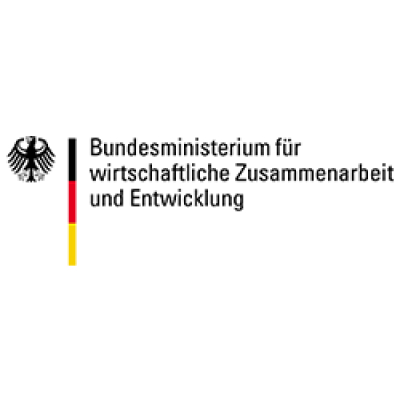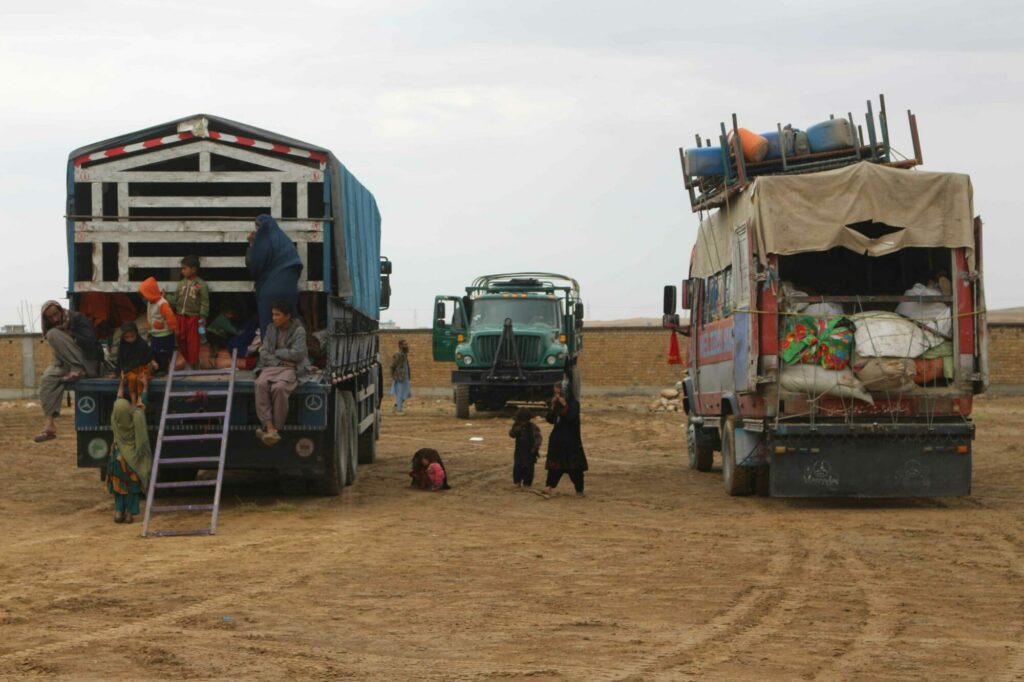
WINTER EMERGENCY AID 2023 FOR EXPELLED AFGHANS FROM PAKISTAN
Abgeschlossen
Around 1.7 million Afghan migrants are affected by the forced deportations from Pakistan. Displaced and forced to leave everything behind to start again from scratch. Without any means or shelter, they are now defencelessly exposed to the cold winter temperatures – support Afghan returnees together now!
The situation in Afghanistan is already catastrophic due to humanitarian crises and political conflicts, and now the forced deportation of Afghan migrants from Pakistan is also taking place. The people affected lack everything – they have no money, no food, no shelter and, for the most part, no connection to Afghanistan. Their hopeless prospects will be exacerbated by the cold season.
At night, temperatures fall below 10 degrees Celsius; temperatures as low as -40 degrees Celsius are frequently reached during the long Afghan winters. Without support, this can mean death in the cold for the returnees. With Visions for Children, we have already provided winter emergency aid for families in IDP camps (camps for internally displaced persons) in recent years – thousands of families have already been reached.
The humanitarian situation in Afghanistan is dramatic and the people affected by the displacement now urgently need our solidarity!
THE INITIAL SITUATION
Pakistan had given migrants and refugees without valid residence documents until November 1, 2023 to leave the country voluntarily. Now they are threatened with forced deportation. According to Pakistan, the deadline is part of a broad crackdown on foreigners without registration or documents. However, this measure mainly affects Afghans, who make up the majority of migrants in Pakistan. The authorities and the system are to blame for the fact that Afghan migrants do not have valid identity documents.
To date, there are around 4.4 million Afghans living in Pakistan who have fled their homeland in recent years and decades due to humanitarian crises and political conflicts, among other things. Around 1.7 million of them have no valid papers, although many have lived in Pakistan all their lives. However, applying for official documents is hardly possible due to the lack of public services. In addition, after the Taliban took power in 2021, the authorities were overwhelmed by the high number of refugees fleeing to Pakistan as a border region with Afghanistan, which is why they did not receive official papers. Others came with valid Pakistan visas, but these have since expired.
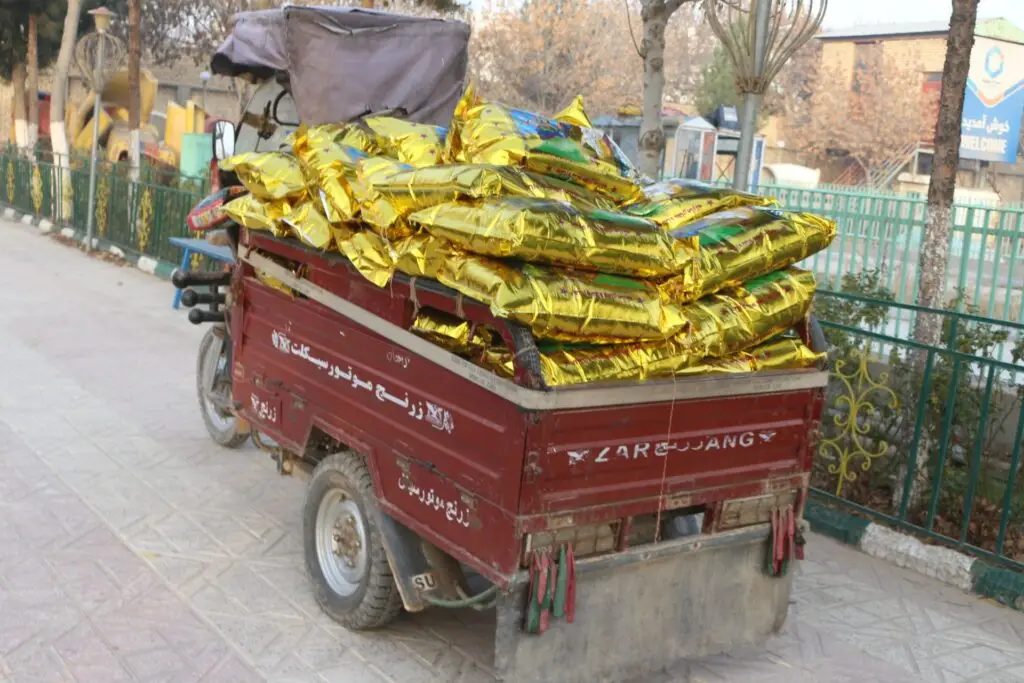
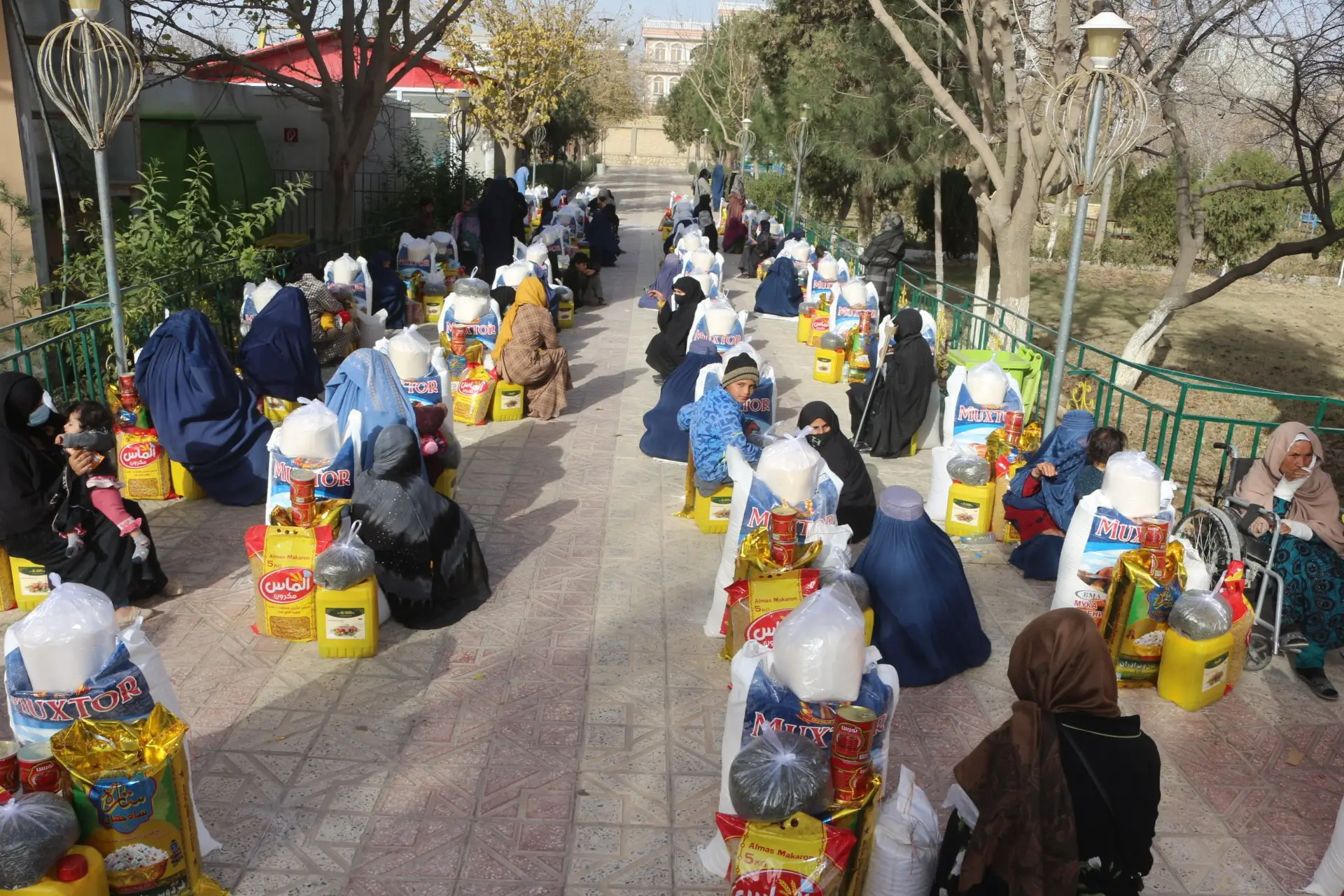
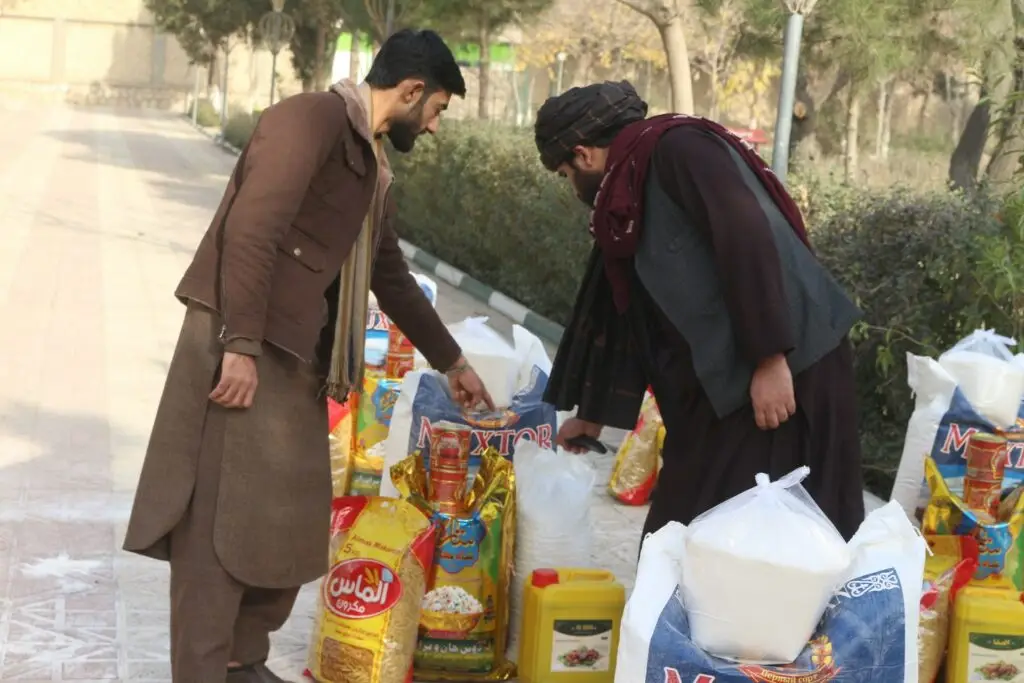
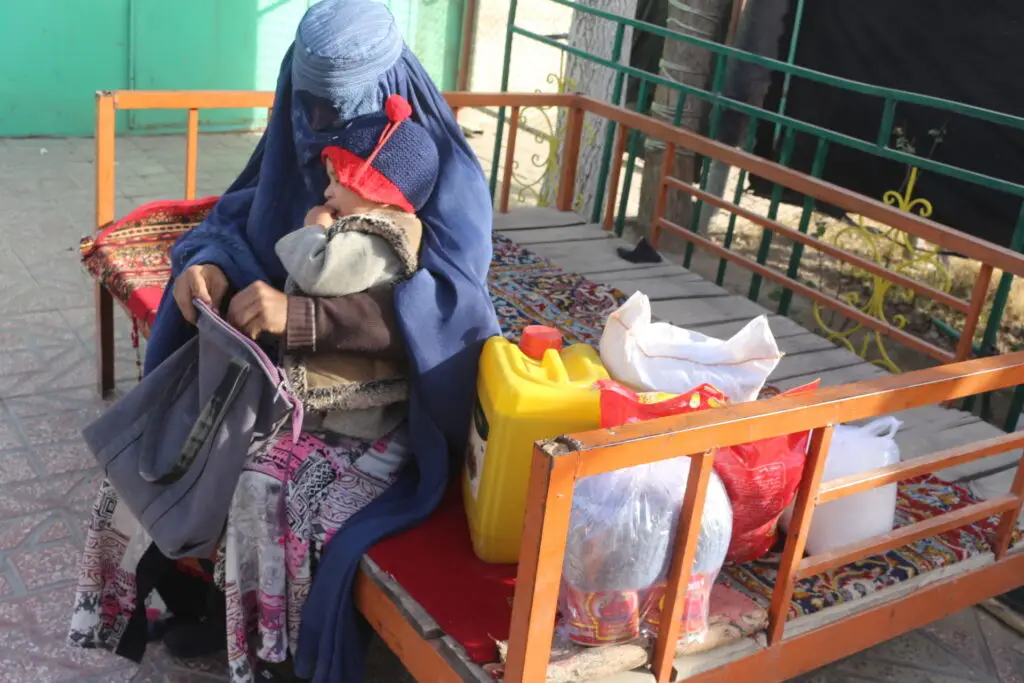
The returnees include women, children and elderly people in particular. They are among the most vulnerable to displacement. About 60% of those affected are children born in Pakistan, according to the United Nations.
THE CURRENT SITUATION
Thousands are now arriving at the borders in Torkham and Spin Boldak every day. We are once again carrying out this year’s emergency aid campaign with our local partner organization OASE. After arriving at the Afghan border, the expelled Afghans are distributed by the de facto authorities to their “home” provinces (even if they have not lived there for decades or have never lived there before). In Balkh, where our partner organization OASE is based, around 2000 families arrive every week. Our local partners are therefore already preparing emergency humanitarian aid for the families and identifying the most urgent needs.
The current government measures are not long-term. A temporary tent camp has been set up in Mazar for refugees to register, but it has no infrastructure whatsoever: It is neither weatherproof nor does it have access to water or sanitary facilities. Many families also arrive without any resources – often their only possessions are the clothes they are wearing. They are therefore dependent on acute support.
If the expelled Afghans still have family or friends in the region, they try to find accommodation there first. However, this is not a permanent solution and places an additional burden on their already financially poor families and friends. The fact is, they currently have to look after their prospects in Afghanistan without state support. With our winter emergency aid, we want to make the cold season more bearable for 200 displaced families with food parcels. Each package consists of food such as 50kg flour, 24kg rice, 10kg beans, 5kg pasta, 2kg tomato paste, 1kg tea, 7kg sugar and 10l oil. Will we reach the donation target of €26,560 together?
The forced deportations from Pakistan are a great injustice and inhumanity. And even if long-term solutions are needed for the returnees, we now have the chance to address the most urgent need. So let’s support Afghan returnees together now!
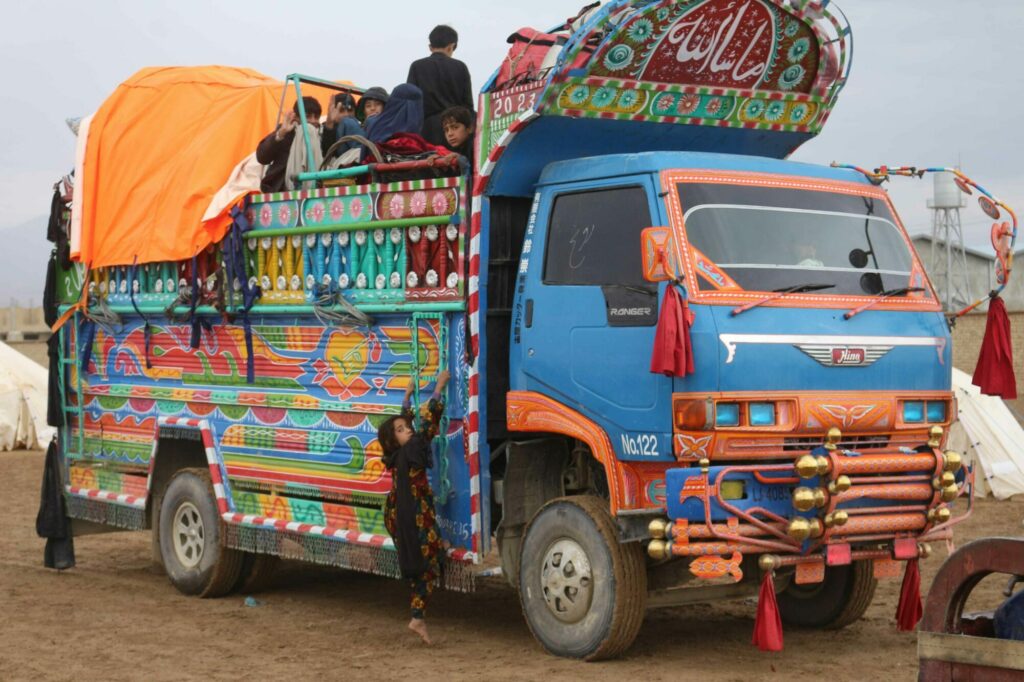
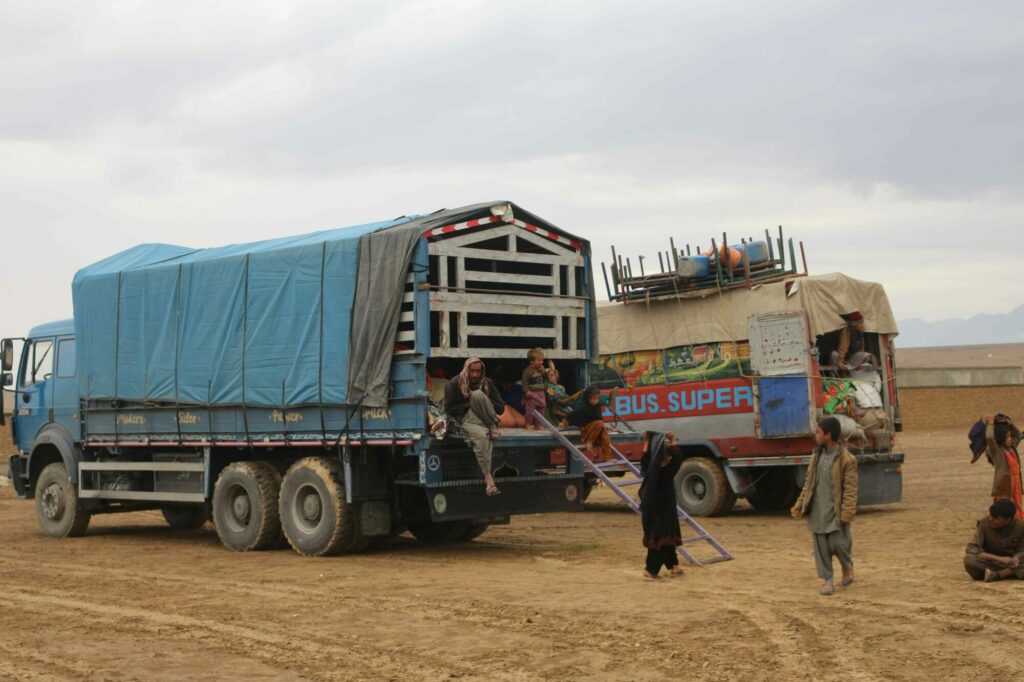
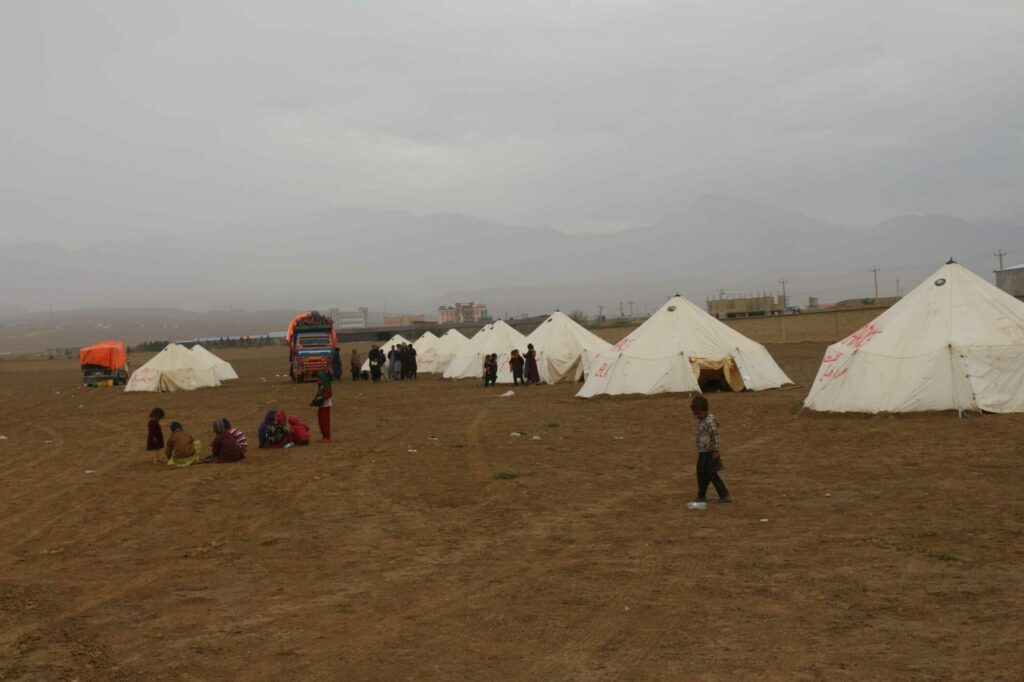
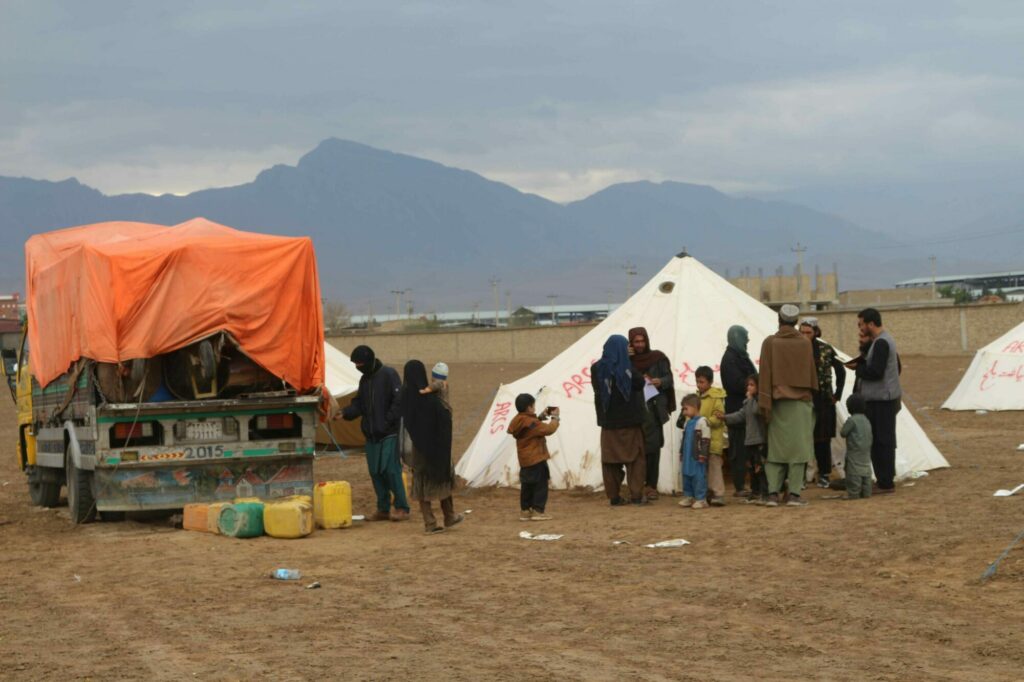
Zu den Rückkehrenden gehören insbesondere Frauen, Kinder und ältere Menschen. Sie zählen zu den Schutzbedürftigsten der Vertreibung. Ungefähr 60 % der Betroffenen sind in Pakistan geborene Kinder, laut der Vereinten Nationen. vertriebene Familien aus Pakistan mit Lebensmittelpaketen versorgen und damit ihre Rückkehr nach Mazar-e-Sharif, Afghanistan, zur kalten Winterzeit erträglicher machen.
* The costs for a package (€ 133) of winter emergency aid are made up as follows: around € 108 goes to the displaced families in the form of food, € 12 to our local partner organization OASE for personnel costs and the implementation of package distribution, € 5 for bank and international transaction fees and € 8 for the coordination of emergency aid in Germany. The individual prices can change daily due to factors such as the exchange rate and fluctuations in food prices, thus affecting the total price of a package. Price fluctuations therefore have a direct impact on the amount of food that is provided and therefore on the number of families that can be reached with the parcels.
Thank you so much for your support, which enables us to implement the humanitarian emergency aid!
Other emergency relief projects

Ramadan Action 2021 – Hunger-free packages for internally displaced persons
Completed
Learn more
Ramadan Campaign 2019 – Hunger-free packages for Kabul and Herat
Completed
Learn more
Ramadan Campaign 2018 – Hunger-free packages for Kabul and Herat
Completed
Learn more







